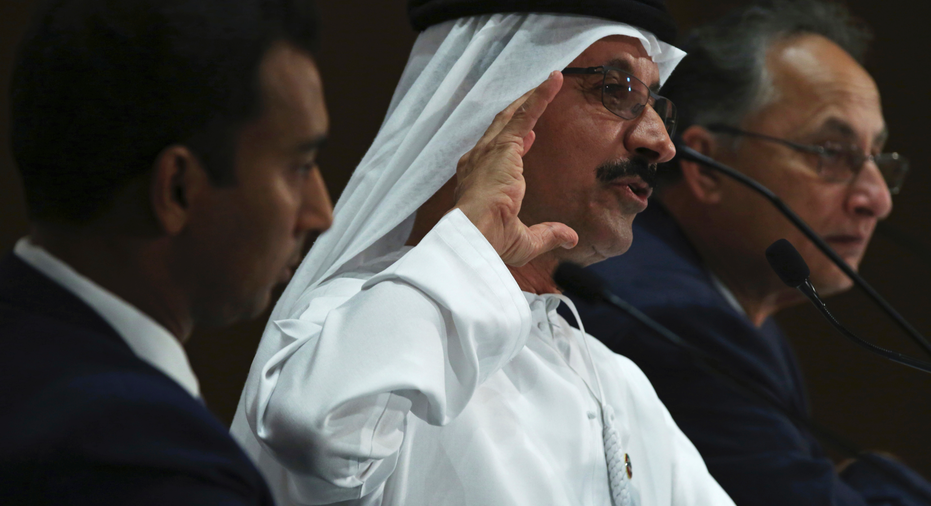DP World profits reach $1.2 billion as port operator expands

DUBAI, United Arab Emirates – Global port operator DP World said Thursday its profits rose by 7 percent to nearly $1.2 billion in 2017 as the company expands internationally, including in East Africa where a legal row has erupted after Djibouti last month seized a container terminal run by the company.
The Dubai-based operator announced that revenue climbed 13 percent to $4.7 billion last year, compared to $4.16 billion in 2016. DP World, one of the world's largest port operators, says it plans investments this year of $1.4 billion, mainly in the United Arab Emirates, Ecuador, South Korea, Mozambique, Egypt and Somalia's breakaway northern territory of Somaliland.
DP World, which is majority owned by the Dubai government in the United Arab Emirates, has launched arbitration proceedings in the London Court of International Arbitration over Djibouti's seizure in February of a container terminal there.
The move came after DP World expanded its operations in Somaliland to create another corridor for imports for landlocked Ethiopia. Ethiopia recently became a 19 percent shareholder in Somaliland's Berbera port, where DP World holds a 51 percent stake. Somaliland holds the remaining 30 percent.
Djibouti's port alone provides Ethiopia, a country of 110 million people and the largest economy in the Horn of Africa, with more than 95 percent of Ethiopia's imports.
DP World Chairman Sultan Ahmed Bin Sulayem told reporters Thursday that Djibouti's port is reaching capacity and that Ethiopia's government was "nervous" about having only one main avenue to receive imports.
Speaking about Somaliland's Berbera port, Bin Sulayem said: "This port will be working, supporting Djibouti. Ethiopia needs Djibouti, Berbera and at least two other ports to accommodate the growth that is facing Ethiopia."
"As a strategy no port is being used against another port," he added.
He described Djibouti's nationalization of the Doraleh Container Terminal as "unfortunate" and "illegal."
Djibouti's geostrategic location near Bab el-Mandeb, an entryway to the Red Sea for ships from Asia and oil tankers from Arab Gulf countries heading to Europe, also makes it a militarily crucial location. Djibouti is already the site of a U.S. base that launches drone missions over Somalia and Yemen, as well as a Chinese military base and Japan's first overseas base since World War II.
Meanwhile, the UAE has expanded its military presence in East Africa with plans to build a military naval base in Somaliland. The Emirati military is also embroiled in a war at the eastern tip of Bab al-Mandeb in Yemen as part of a Saudi-led coalition there.
Taimur Khan, a non-resident fellow at the Arab Gulf States Institute in Washington, says that in 2015 the Emiratis were operating in Djibouti to assist their operation in Yemen. After disagreement on landing rights, the Emirati military moved to set up a base in Eritrea.
"It's clear that at some level DP World's port operations, especially in Africa, Eastern African the Horn of Africa is a component of the UAE state's longer term goal of increasing its influence there with an eye to both security and strategic objectives as well as longer term economic interests in the region," he said.



















